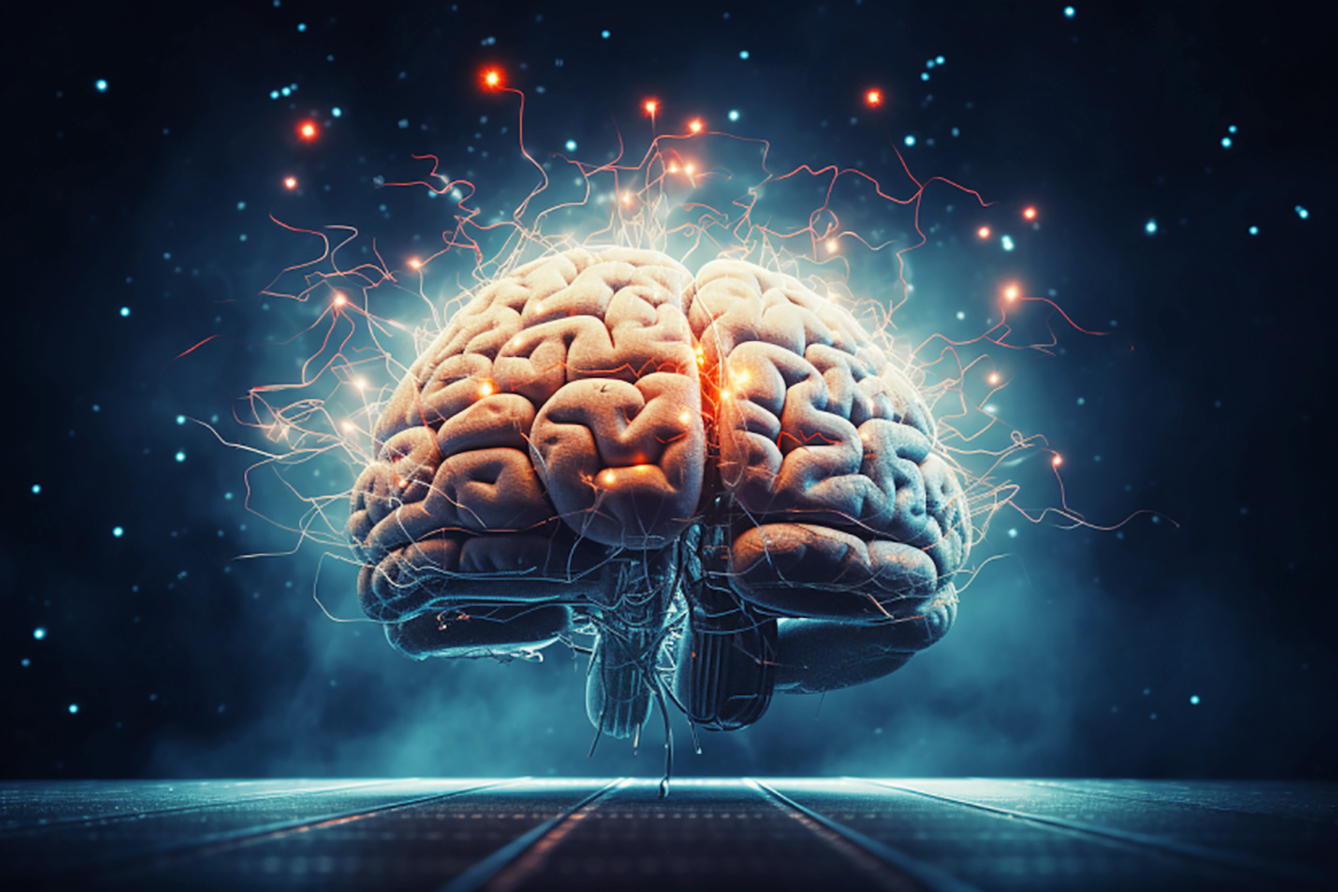Introduction
When we sleep, the body may appear inactive, but the brain is actually working intensely. It manages physical recovery, memory consolidation, emotion regulation, and metabolic processes. Sleep isn’t just rest—it’s a complex biological phase vital for overall health.
Sleep Stages
The brain organizes sleep into two main cycles: Non-REM and REM (Rapid Eye Movement). These cycles repeat every 90–120 minutes throughout the night.
1. Non-REM Stage
- N1 (Transition): The initial stage of sleep. Brain activity begins to slow. Hypnic jerks often occur here.
- N2 (Light Sleep): Muscle activity decreases, body temperature drops, and brain waves continue to slow.
- N3 (Deep Sleep / Slow Wave Sleep): The deepest, most restorative sleep. The brain produces delta waves. During this stage, the body repairs cells, strengthens the immune system, and restores energy.
2. REM Stage
In REM sleep, the brain becomes highly active—almost at wakeful levels. Vivid dreaming takes place here. At the same time, the body experiences REM atonia, a temporary muscle paralysis that prevents us from acting out our dreams.
- Brain: Active—processing emotions and memories
- Body: Paralyzed (unable to move)
- Eyes: Rapidly moving beneath closed lids
- Heart rate & breathing: Become irregular
Brain Activity During Sleep
- Hippocampus: Processes and transfers short-term memories into long-term storage.
- Prefrontal Cortex: Slows down, which is why dreams often seem illogical.
- Amygdala: Remains active, processing emotions—explains why dreams can be emotional.
- Brainstem: Regulates muscle atonia and the sleep-wake transition.
Functions of Sleep for the Brain
- Consolidates memories and learning
- Neutralizes stress and negative emotions
- Produces essential hormones (like melatonin and growth hormone)
- Removes metabolic waste from the brain (via the glymphatic system)
Conclusion
The brain never truly “turns off” during sleep—it plays a crucial role in both physical and mental restoration. By understanding the sleep cycles and how the brain functions, we can appreciate the importance of getting sufficient, high-quality sleep to maintain overall brain and body health.
